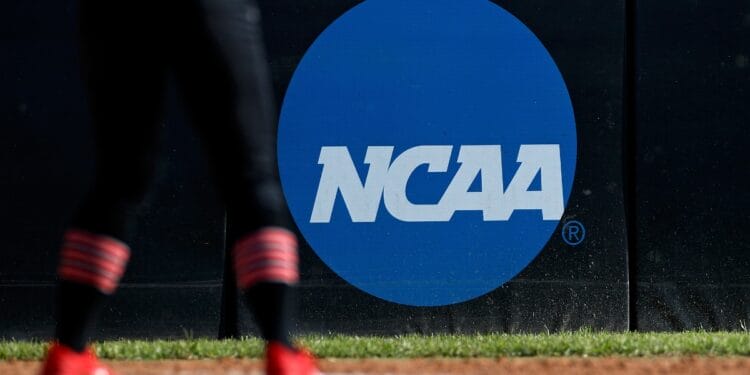Establishing guidelines for how college athletes are paid and how athletic departments manage the new age of college sports now further involves the White House.
President Donald Trump issued an executive order this week covering myriad topics related to college sports, which the order called “a crucial American asset.”
“Yet the future of college sports is under unprecedented threat,” the order says. “Waves of recent litigation against collegiate athletics covering rules have eliminated limits on athlete compensation, pay-for-play recruiting inducements, and transfer between universities, unleashing a sea change that threatens the viability of college sports.
“While changes proving some increased benefits and flexibility to student-athletes were overdue and should be maintained, the inability to maintain reasonable rules and guardrails is a mortal threat to most college sports.”
Here’s a look at what the executive order does and how it affects FBS football.
What Does Donald Trump’s College Sports Executive Order Do?
College sports leaders have asked for years for Congress and lawmakers to step in and create some sort of guardrails when it comes to Name, Image, and Likeness payments. It appears Trump is now attempting to create some universal rules, though it’s unclear how successful it will be.
It’s not certain how much of Trump’s executive order is directly enforceable, and there will likely be challenges to some aspects of it in court. But it does have some clear objectives.
The executive order covers the importance of college athletics, both the opportunities that they provide for athletes and how they help communities and their economies. But the absence of guardrails for how athletes are paid, the order claims, is hurting college sports.
The executive order specifically focuses on the impact of women’s sports and non-revenue athletics. It laid out objectives for specific schools based on their revenues and how it pertains to scholarships and roster limits:
- Athletic departments with more than $125 million in revenue last year should give more scholarship opportunities than they did a year ago and offer the maximum roster spots as allowed in those particular sports.
- Athletic departments with $50 million in revenue last year should provide as many scholarship opportunities as they did last year and offer the max number of roster spots as permitted in each sport.
- Athletic departments with less than $50 million in revenue last year should not “disproportionately” reduce scholarships or roster spots based on the revenue those sports produce.
What Does Trump’s Executive Order Say About Pay-For-Play?
Trump’s executive order says third-party pay-for-play payments are “improper and should not be permitted by universities.” However, that does not apply to payments to athletes for “the fair market value that the athlete provides to a third party, such as for a brand endorsement.”
For more Group of Five coverage, follow us on Facebook and Twitter.
What Does The NCAA Say About Trump’s Executive Order?
Here’s what NCAA president Charlie Baker said in a statement following the issuing of the order:
“The NCAA is making positive changes for student-athletes and confronting many challenges facing college sports by mandating health and wellness benefits and guaranteeing scholarships, but there are some threats to college sports that federal legislation can effectively address and the Association is advocating with student-athletes and their schools for a bipartisan solution with Congress and the administration. The Association appreciates the Trump Administration’s focus on the life-changing opportunities college sports provides millions of young people and we look forward to working with student-athletes, a bipartisan coalition in Congress and the Trump Administration to enhance college sports for years to come.”
What Do The FBS Conferences Say About The Trump News?
The ACC, Big Ten, Big 12, Pac-12, and SEC released a joint statement following the release of Trump’s executive order:
“We appreciate President Trump’s commitment to protecting the future of college athletics. This executive order builds on the momentum created by the bipartisan SCORE Act, which will provide long-term stability to college sports and expand resources to support the overall well-being of student-athletes.
“With the House settlement now in effect, student-athletes have more financial and academic support than ever before. Now, attention turns to preserving these monumental gains by passing a federal law with national standards for student-athletes’ NIL rights.
“We hope Congress sends federal legislation to President Trump’s desk as soon as possible.”


